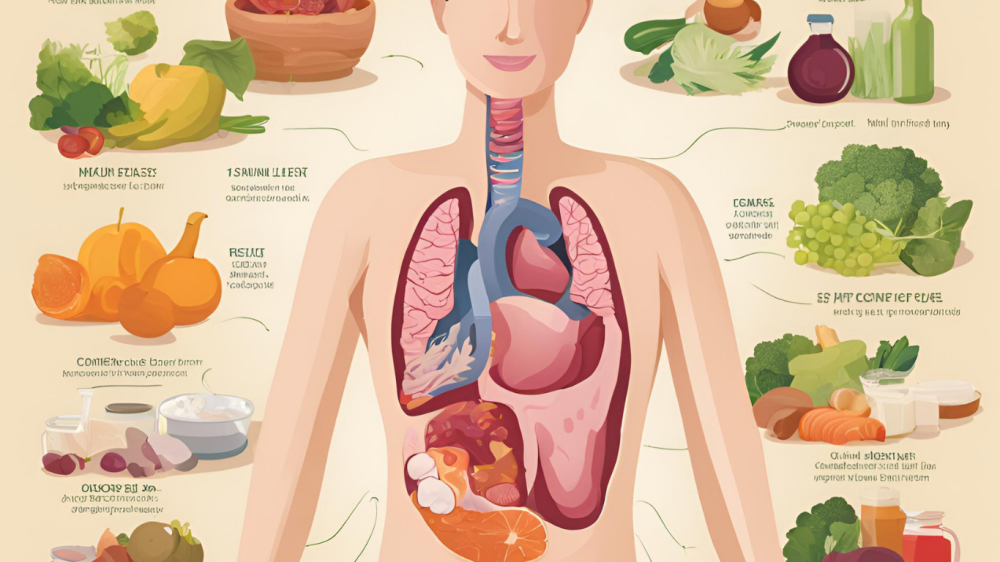
You’ve probably noticed the word ‘probiotics’ popping up on everything from yogurt containers to health blogs. But what exactly are they? Put simply, probiotics are living microorganisms, primarily bacteria, that are similar to beneficial microorganisms found in the human gut. They are often called ‘good’ or ‘friendly’ bacteria because they help keep your digestive system healthy.
The main role of probiotics involves maintaining a balance in your gut’s ecosystem. Imagine your gut as a bustling city, and probiotics are the diligent workers keeping everything orderly. When harmful bacteria invade and disrupt the peace, probiotics help restore harmony. They compete with bad bacteria for space and food, and some can produce substances to keep the unwanted guests in check.
Furthermore, these microscopic allies aid in digesting food, absorbing nutrients, and even fortifying your immune system. By breaking down indigestible fibers, probiotics produce short-chain fatty acids, compounds instrumental in nurturing your gut lining. This not only aids digestion but also impacts your overall well-being, from mood regulation to immune response.
At this point, it’s easy to see why probiotics are essential for a healthful gut. However, the story doesn’t end here. The relationship between probiotics and your body is a reciprocal one, often influenced by another dietary component: prebiotics. Prebiotics are essentially the food that nourishes probiotics, fostering an environment where they can thrive.
In the next section, we’ll explore how probiotics and the gut microbiota form a dynamic relationship that’s fundamental to your health. It’s this partnership that exemplifies the true potential of probiotics in gut health, and understanding it is the first step to harnessing their benefits.


Recent Comments